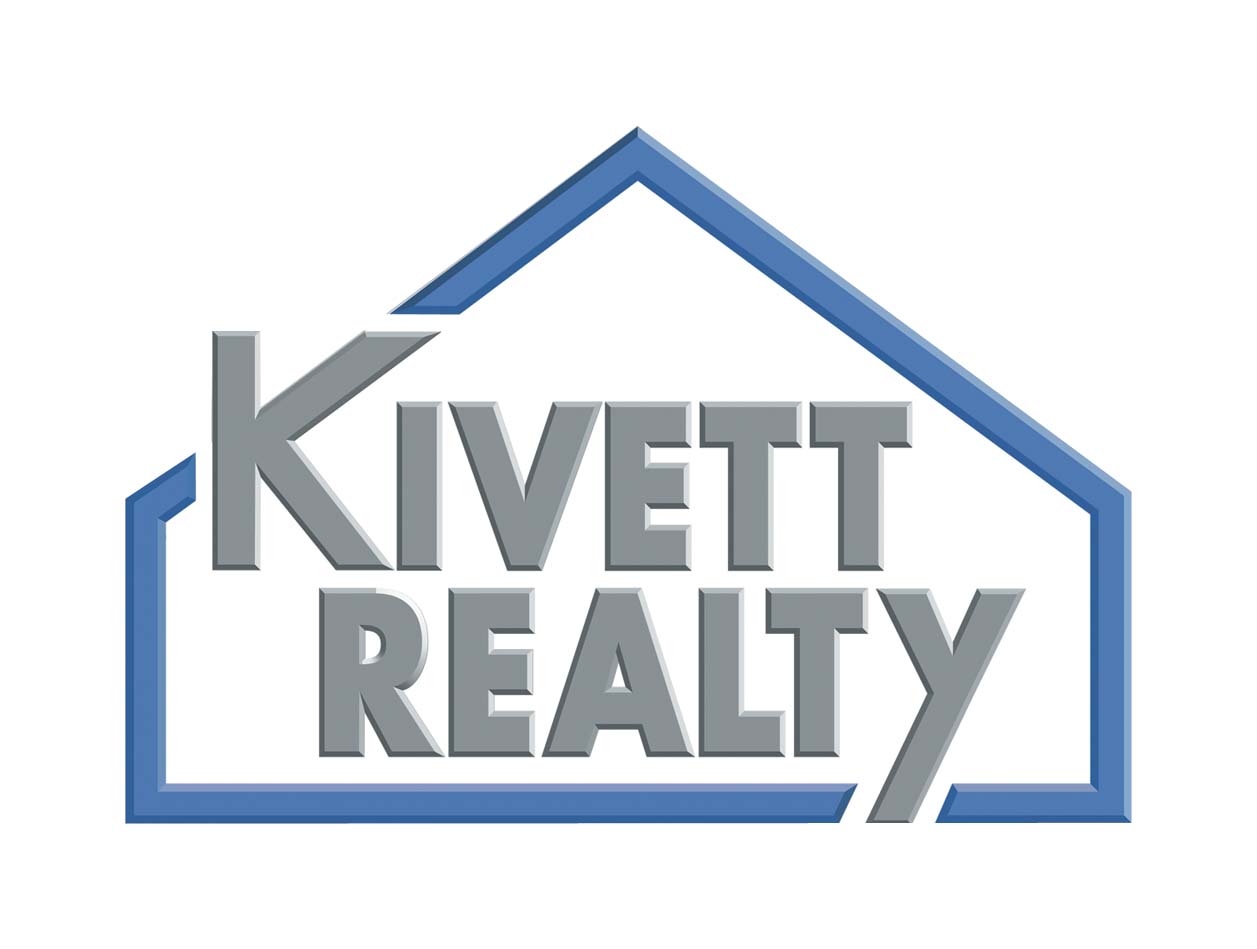Buying REO property or a foreclosure in Torrance?
 |
 |
||
 |
Just as with any home purchase, your wisest move is to hire a professional real estate agent. | ||
 | |||
 | |||
What's an REO?
"REO" stands for Real Estate Owned. These are houses which have been foreclosed upon and are presently possessed by the bank or mortgage company. This differs from a property up for foreclosure auction.
When buying a property during a foreclosure sale, you must pay at least the loan balance plus any interest and other fees added during the foreclosure process. The buyer must also be willing to pay with cash in hand. To top everything off, you'll receive the property entirely as is. That may comprise of existing liens and even current occupants that need to be put out.
A bank-owned property, on the contrary, is a much neater and attractive deal. The REO property didn't find a buyer during foreclosure auction. Now the lender owns it. The lender will handle the elimination of tax liens, evict occupants if needed and generally prepare for the issuance of a title insurance policy to the buyer at closing.
Note that REOs may be exempt from standard disclosure requirements. For example, in California, banks are exempt from giving a Transfer Disclosure Statement, a document that ordinarily requires sellers to tell you about any defects they are aware of. By hiring Kivett Realty, you can rest assured knowing all parties are fulfilling California state disclosure requirements.
Is REO property in Torrance a bargain?
It's commonly believed that any foreclosure must be a steal and a chance for guaranteed profit. This isn't always the case. You have to be very careful about buying a REO if your intent is make money. While it's true that the bank is usually eager to offload it soon, they are also motivated to get as much as they can for it. When considering what to pay for REO property, carefully analyze comparable sales in the neighborhood and be sure to take into account the time and cost of any repairs or remodeling needed to prepare the house for resale.
There are bargains with potential to make money, and many people do very well flipping foreclosures. But there are also many REOs that are not good buys and may lose money.
When considering what to pay for REO property, carefully analyze comparable sales in the neighborhood and be sure to take into account the time and cost of any repairs or remodeling needed to prepare the house for resale.
There are bargains with potential to make money, and many people do very well flipping foreclosures. But there are also many REOs that are not good buys and may lose money.
All set to make an offer?
Most mortgage companies have a department dedicated to REO that you'll work with in buying REO property from them. Normally the REO department will use a listing agent to get their REO properties listed on the local MLS.Prior to making your offer, you'll want to contact either the listing agent or REO department at the bank and discover as much as you can about what they know concerning the condition of the property and what their process is for taking offers. Since banks typically sell REO properties "as is", it may be in your best interest to include an inspection contingency in your offer that gives you time to check for unknown damage and cancel the offer if you find it. If, as a buyer, you can provide documentation demonstrating your ability to pay, such as a pre-approval letter from a lender, your offer will be more attractive and likely be accepted. (This is generally true for any real estate offer.)
After you've made your offer, it's customary for the bank to make a counter offer. Then it will be your choice whether to accept their counter, or submit another counter offer. Realize, you'll be dealing with a process that generally involves multiple people at the bank, and they don't work evenings or weekends. It's typical for the process of offers and counter offers to take days or even weeks.

